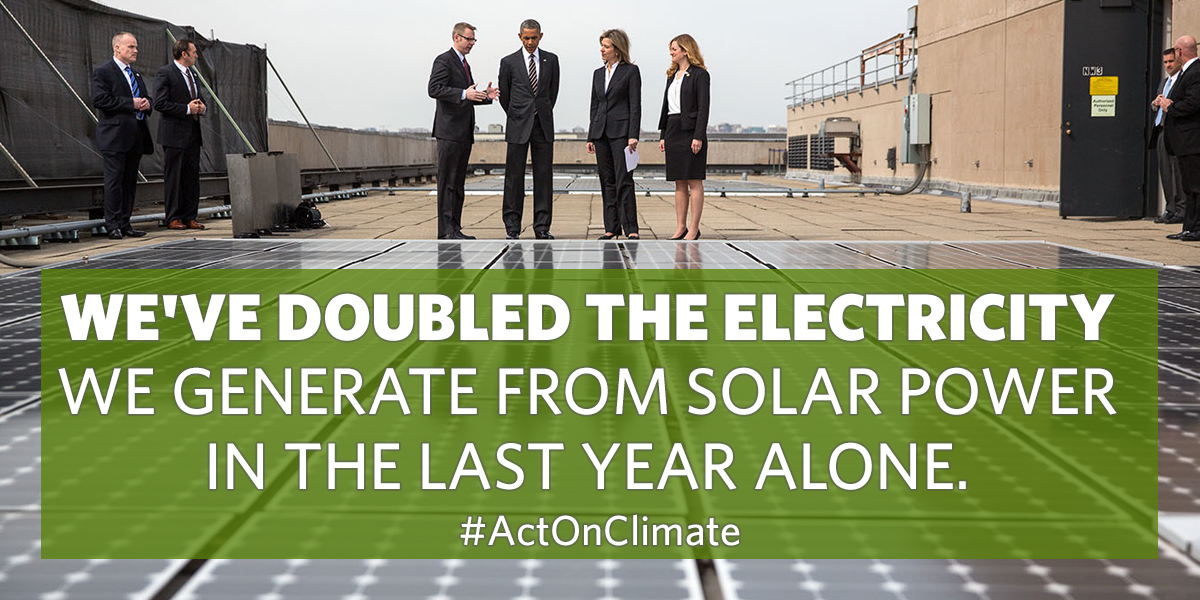
It was the afternoon of Saturday, April 24th, 2004, and as usual it was a breathtakingly hot day in the Northern Arabian Gulf—easily over 90 degrees. I was standing watch in the Combat Information Center onboard the USS BULKELEY (DDG-84), a U.S. Navy guided-missile destroyer, and we were steaming south on a new mission.
We had recently completed our weeks-long tasking of guarding the two offshore oil terminals that sit off the coast of Iraq. We knew these terminals were targets for insurgent attack, so it had been a stressful few weeks of round-the-clock operations, monitoring everything that moved on the water or in the skies; and intercepting anything that got a little too close for comfort.
As we sailed south, the call came we had all been dreading. The terminals were under attack. Although we had trained for it countless times, it was still surreal to hear it come across the radio. We turned the ship around and sped north at flank speed. We put the ship at high alert and launched our helicopters to take a first look, but it was too late. Terrorists had already launched an attack on the Al Basra terminal. In the end, the coalition forces on-site would foil their attack, but it ultimately cost the lives of two U.S. sailors and a Coastguardsmen.
I tell this story because at the heart of that fight was the issue of energy. Now, more than ever, the United States faces global challenges as we respond to threats born from instability in energy-rich regions, and a changing environment impacted by climate change.
Today, the Department of Defense is delivering a report to Congress entitled the “National Security Implications of Climate-Related Risks and a Changing Climate.” It states in no uncertain terms what our men and women in uniform are seeing every single day—that it “is clear that climate change is an urgent and growing threat to our national security.”
The report identifies the most serious and likely climate-related security risks and discusses the ways that DoD is navigating these risks as part of its planning processes. It also describes the resources that will be required to adequately and effectively respond to them.
The report builds upon the risks DoD identified in its 2014 Quadrennial Defense Review, when it made the following case: “the pressures caused by climate change will influence resource competition while placing additional burdens on economies, societies, and governance institutions around the world. These effects are threat multipliers that will aggravate stressors abroad such as poverty, environmental degradation, political instability, and social tensions – conditions that can enable terrorist activity and other forms of violence.”
The good news is, we are taking aggressive action to combat these threats. President Obama’s diversified energy strategy is making America more energy independent, and since the President took office, domestic energy-related emissions have fallen to their lowest level in 20 years. For the first time in nearly three decades, we're importing less foreign oil than we're producing domestically -- and we're using less overall. That's a really big deal.
America is producing more oil, gas, and renewable energy, and the U.S. is becoming more energy efficient overall. These trends are increasing our energy security, cutting our carbon pollution, and enhancing our economic growth.
The United States is leading global efforts to address the threat of climate change. Since 2005, the United States has reduced its total carbon pollution more than any other nation on Earth. Wind power has tripled, and solar energy has increased twenty times. President Obama has taken a series of common-sense steps to curb carbon pollution and other greenhouse gases through initiatives that drive energy efficiency, promote clean energy, and put in place the first-ever carbon pollution standards for power plants.

While we are leading in these efforts at home, we know no country is immune from the impacts of climate change. And no country can meet this challenge alone. America continues to lead the international community in driving action to reduce carbon pollution and prepare for climate impacts, and we are helping to forge a truly global solution to this global challenge.
My time in service in the US Navy, my time in service here at the White House, and my time as a father of two young girls reminds me constantly of President Obama’s challenge:
“Someday, our children, and our children’s children, will look at us in the eye and they’ll ask us, did we do all that we could when we had the chance to deal with this problem and leave them a cleaner, safe, more stable world?”
I want that answer to simply be yes.

